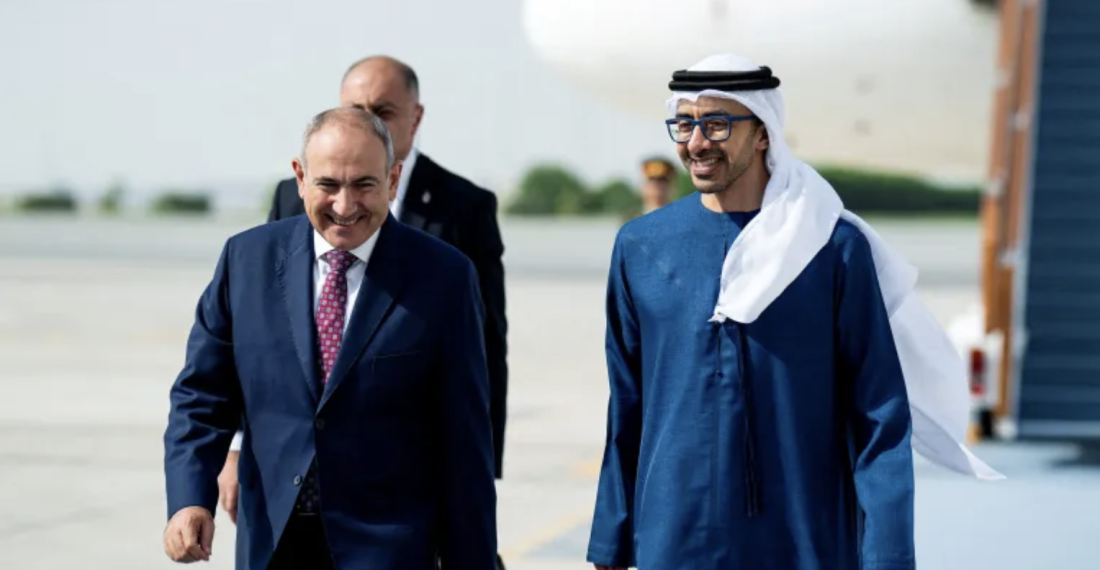On Thursday (10 July), Armenian Prime Minister Nikol Pashinyan and Azerbaijani President Ilham Aliyev met in the UAE to advance their peace negotiations, following the March agreement on a draft treaty intended to end decades of conflict. The talks, which covered border delimitation and confidence-building measures, were described by both sides as constructive. However, no final timeline for signing the full agreement was announced.
In a press release, the Armenian Foreign Ministry said that the meeting 'can serve as a serious basis for the further implementation of the peace process'. The statement confirmed that both leaders viewed bilateral negotiations as the most effective format for addressing all normalisation issues and instructed state bodies to continue practical work on border delimitation and intelligence.
A statement from Azerbaijan's Ministry of Foreign Affairs also emphasised that bilateral dialogue and result-oriented negotiations remain the most productive way forward. Both sides agreed to develop "confidence-building measures between the two countries".
The President of the Republic of Azerbaijan and the Prime Minister of the Republic of Armenia expressed their gratitude to His Highness Sheikh Mohamed bin Zayed Al Nahyan, President of the United Arab Emirates, for hosting the peace talks.
While this meeting marks an important step in the right direction, neither side provided details of any practical measures to be implemented. Furthermore, no date was set for the signing of the peace agreement, as complex issues such as constitutional changes and transit roads remain unresolved. Although no breakthrough was announced, both governments expressed a commitment to follow-up negotiations. The success of the peace process depends on steady progress and strong political will from both countries.







